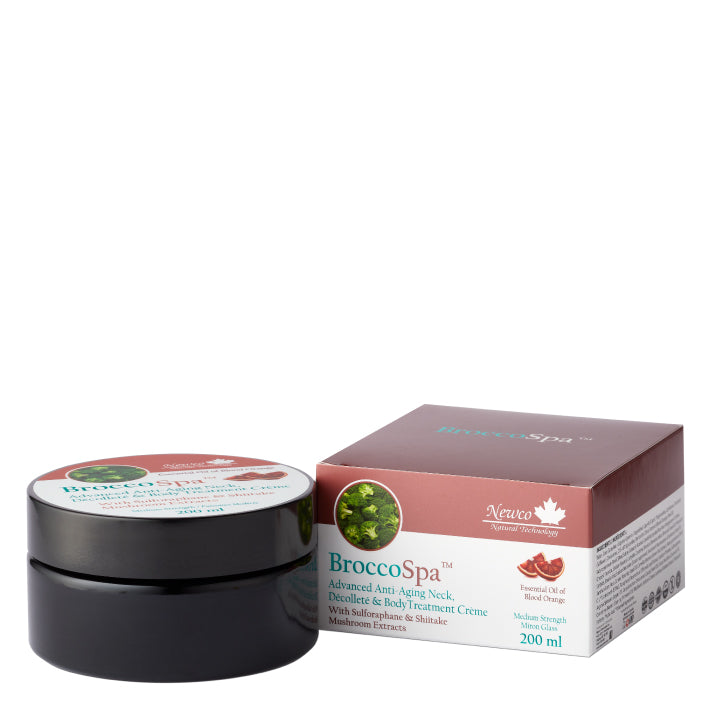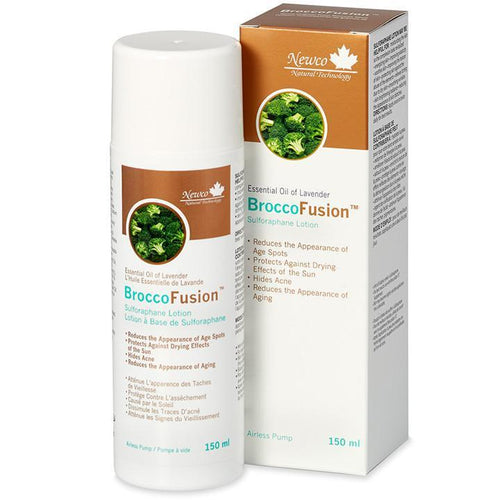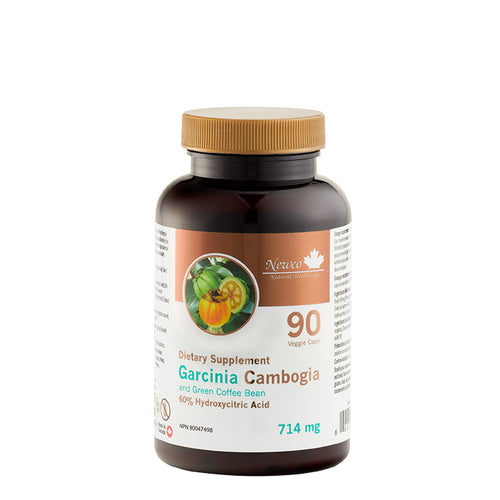Give your dog or cat the healthiest cuisine possible.
Healthy food for dogs and cats is gaining popularity as pet owners realize that conventional processed pet food-like processed food for humans-isn't the best choice. As well as losing nutrients and enzymes during high-heat processing, conventional pet food can contain toxins.
"If a dog or cat is ill from toxins accumulating in its system, a vet may not recognize this," says Richard Pitcairn, DVM, PhD, founder of the Academy of Veterinary Homeopathy and author of Dr. Pitcairn's Complete Guide to Natural Health for Dogs & Cats. The problem is that conventional vets typically aren't trained in optimum nutrition or cumulative toxic effects of animal by-products and chemical food additives. Luckily, health food and specialty stores offer healthy versions of pet foods. When shopping, Pitcairn recommends:
- Buy organic whenever you can.
- Avoid foods that contain animal by-products, antibiotics, hormones, artificial colors or dyes, artificial flavors, and chemical preservatives.
- Look for a combination of animal and plant foods.
- For grain ingredients, stick with whole grains.
- Look for products labeled "contains no preservatives." Anything that says "no preservatives added" may still contain harmful preservatives within the listed ingredients.
- Read manufacturers' literature or visit their websites to learn about their ingredients and processing methods, or contact the companies directly for information.
- Supplements for pets are also available. Making some or all of your pet's food from scratch is another option.
Fresh Food for Dogs
"There are a lot of items you can put in a dog dish that add nutrition and antioxidants," says Rick Woodford, author of Feed Your Best Friend Better. But, he cautions, chocolate, onions, grapes, and raisins are toxic for dogs; salt and pepper are irritants; and foods cooked with oils or other fats can upset their tummies.
Try slowly introducing fruits and veggies as treats, says Woodford, starting with teaspoons or tablespoons. These are good choices: carrots, apples, green beans, pears, bananas, melons, plums, apricots, broccoli, snap peas, tomatoes, and plain cooked potatoes.
Eggs, cooked without added fat, salt, or pepper, are an easy replacement for some regular dog food. Woodford recommends one-quarter of an egg for each 10 lbs of your dog's weight, for example: one-half egg for a 20-lb dog.

Cooking for Cats
"Cats are carnivores, but in the wild, they don't eat only muscle meat," points out Lisa Shiroff, author of Purr-fect Recipes for a Healthy Cat. Their prey is 75 percent moisture. Canned cat food contains moisture, but dry food can lead to dehydration because cats don't automatically drink enough water. And, says Shiroff, cats may avoid tap water because their senses detect chemical additives. So give them filtered water.
Shiroff also dispels some myths: Most cats are lactose intolerant. Fish should be an occasional treat, because it doesn't provide taurine, an amino acid cats need in plentiful amounts (organ meats are the richest source). And for fiber and antioxidants, about 10 percent of their diet should be vegetables and grains that they can easily digest, such as oats and rice.
Shiroff's list of foods to avoid includes chocolate and cocoa, coffee and tea, grapes, raisins, green tomatoes, onions, nuts, rhubarb, pork, salt, sugar, and raw forms of fish, eggs, and potatoes.
Mackerel Treats for Cats
1 8-oz. can mackerel, drained
1 cup whole oats
1 Tbs. fish liver oil
1 egg
Preheat oven to 350°F. Break up mackerel in mixing bowl with fork. Add oats, fish oil, and egg, and stir to combine. Drop by ½ teaspoonful onto cookie sheet covered with non-stick spray. Bake 8-10 minutes.
Recipe, reproduced with permission, from P_urr-fect Recipes for a Healthy Cat: 101 Natural Cat Food & Treat Recipes to Make Your Cat Happy_.
Salmon Patties for Dogs
1 14.5-oz. can salmon
2 eggs
1 ¼ cup panko breadcrumbs
- Empty canned salmon, along with juices, into bowl, and flake with fork to separate and remove any bones.
- Add eggs, breadcrumbs, and parsley, and stir until well combined.
- Gently form 6 patties, each about 3½ inches in diameter
Heat oil in skillet over medium heat. Add patties, and cook 4-5 minutes per side, or until nicely browned. Let patties cool slightly, and then break apart and serve as treats. Store in the fridge for up to four days or in the freezer for up to three weeks.
Treat allowance per day:
|Weight of Dog|Portion of patty| |-|-| |10 lb|1/4| |20 lb|1/3| |40 lb|2/3| |60 lb|3/4| |80 lb|1 patty|
Supplements for Dogs and Cats
Use supplements formulated for your pet, not for humans, as some ingredients in human products may not be tolerated by animals. Products typically give dosages by weight of the animal. Howard Peiper, ND, co-author of Super-Nutrition for Dogs n' Cats, identified these as key supplements for dogs and cats:
- Omega-3 Fats: Found in fish oil and flax seed oil, but typically not included in conventional pet food. Necessary for overall health, immunity, joint health, inflammation control, and a lustrous coat. Omega-3s are also very helpful for helping cats eliminate hairballs.
- Greens: Formulas may include different grasses and kelp, spirulina, or chlorella-natural sources of essential minerals, vitamins, and antioxidants that protect against toxins and premature aging.
- Probiotics: Healthy gut bacteria, or probiotics, are essential for healthy digestion and defense against infections and inflammatory conditions, including skin problems.
Written by Vera Tweed for Better Nutrition and legally licensed through the Matcha publisher network. Please direct all licensing questions to legal@getmatcha.com.





